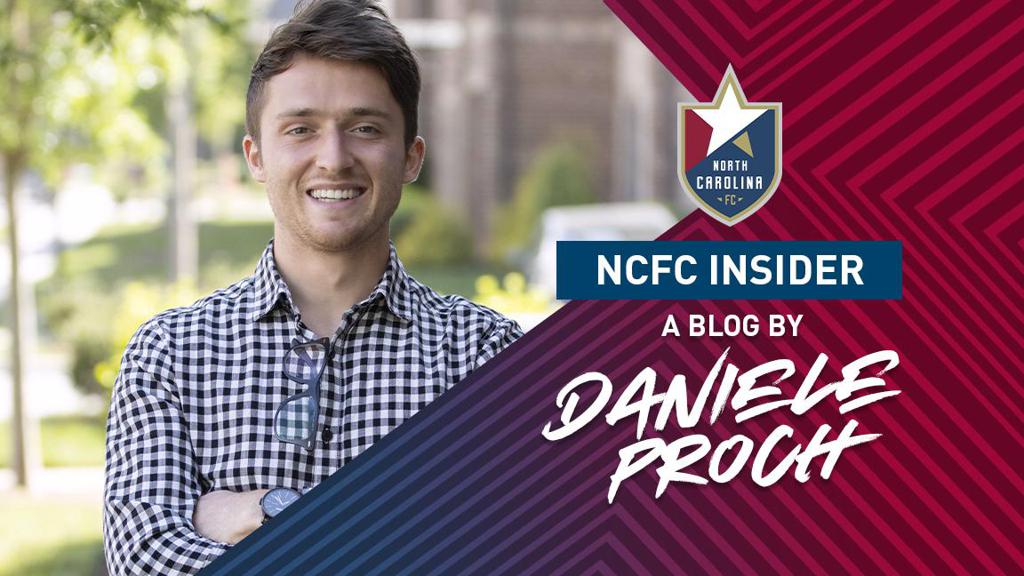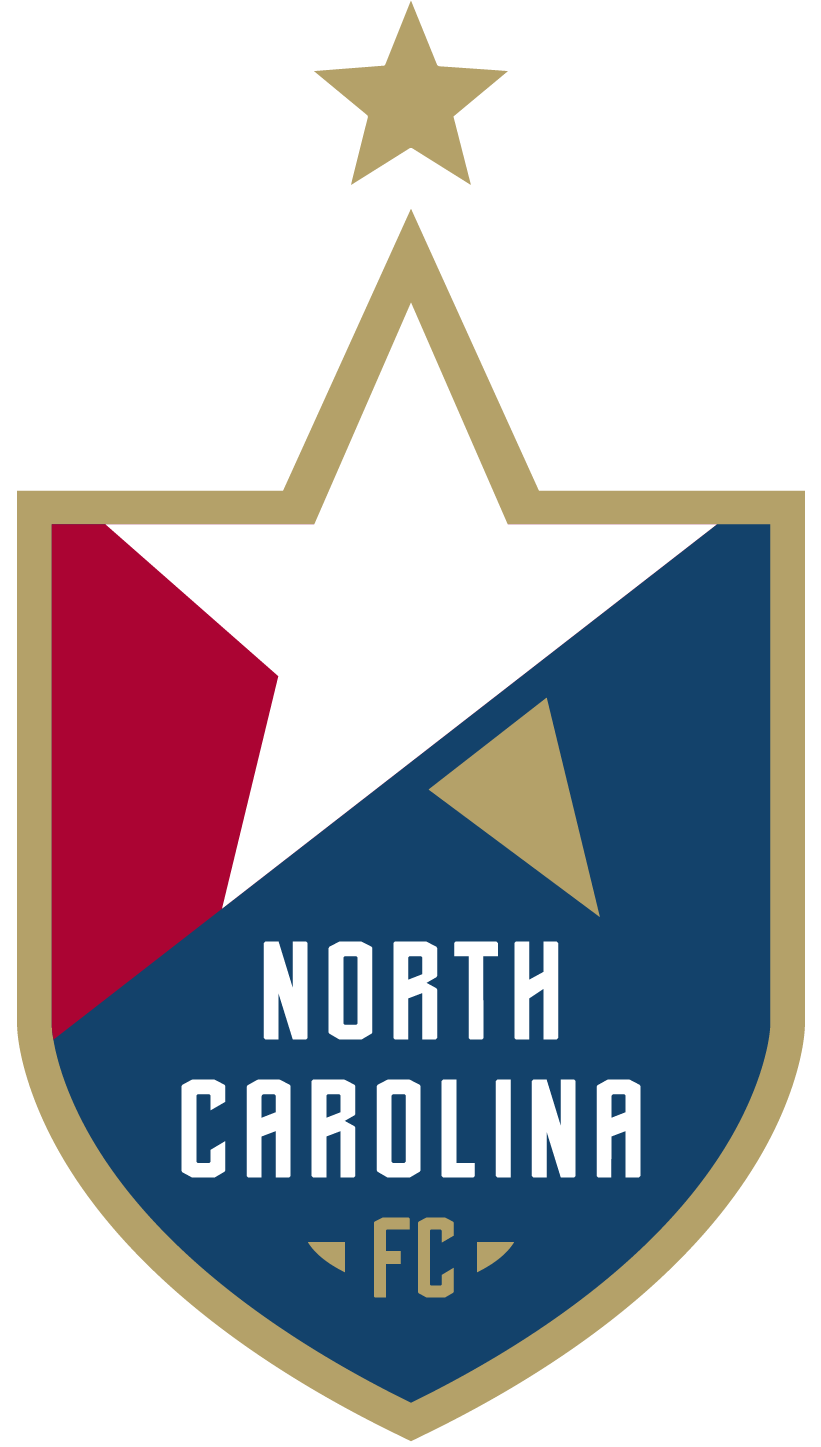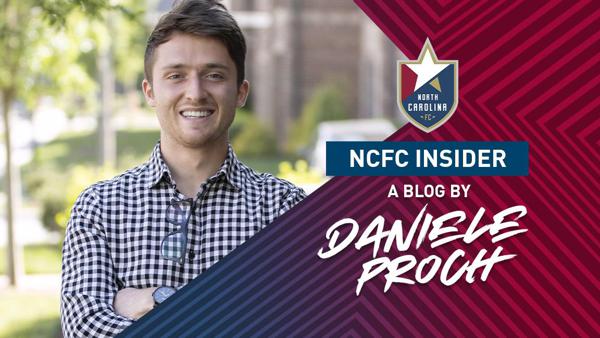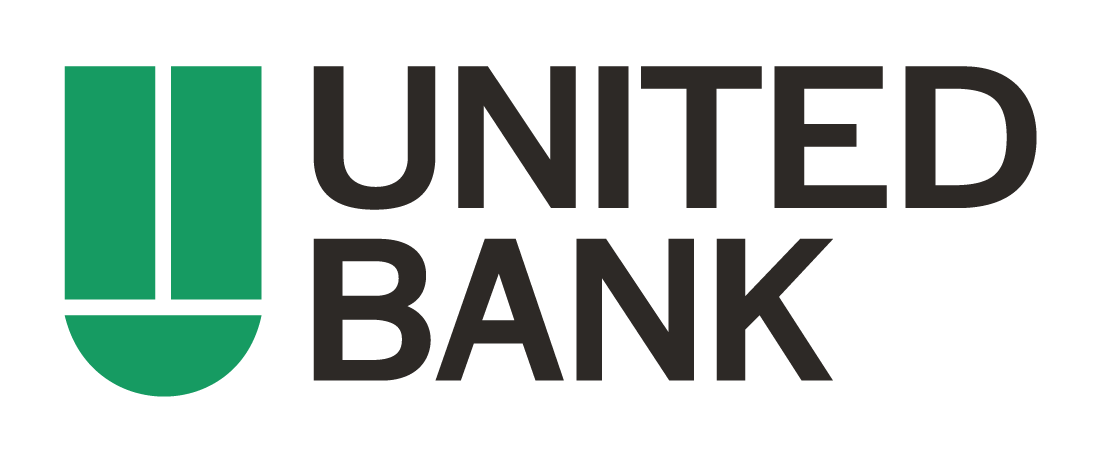
Europe is the undisputed grand stage of football, the ultimate destination for anyone in the world who dreams to compete with the best footballers.
But what is it like to play the beautiful game in Europe?
Robert Kristo, our number 11 in his second season with North Carolina FC, has some indelible memories from his years as a professional footballer in Italy and Germany.
It was January 2015 when 21-year-old Kristo, fresh off a degree in Business and Communication from Saint Louis University, left the United States to kick off his career as a professional footballer for Italian Serie B club Spezia Calcio. One training was enough for Kristo to realize the amount of talent that was around him.
“I was a little fish in a big pond,” a laughing Kristo said. “That’s the right way to put it.”
For the first time in his career, the 6-foot-4-inch, 205-pound Croatian American striker felt small in the presence of other footballers. Zlatan Ibrahimović, his lifetime football idol, must have strongly disapproved of such a humbling moment.
Friendly teammates and frequent banter in the Spezia locker room helped him get comfortable with the new lifestyle and Kristo’s unique background often made for interesting talking points.
“The players were intrigued by the American on the team,” Kristo said. “They wanted to know more about the place I came from.”
Kristo’s speedy adaptation to the new football environment did not exempt him from performing the traditional rookie duties. As a newcomer and one of the youngest players on the roster, he remembers having to carry the training gear to and from the field, along with being systematically thrown in the middle of rondo by the veterans on the team.
“No matter where you are in the world, the youngest always starts in the middle of rondo,” Kristo recalled.
One of the perks that he especially loved about being a professional footballer in Europe was the passion shown by local people for their players.
“The moment you walk out of your apartment, everyone knows you,” Kristo said. “You are somebody.”
However, the intense fandom around football does not always convert into positive actions. During his time on loan at Fidelis Andria, a third-division club located in the Italian southern region of Apulia, Kristo and his teammates had a dangerous confrontation with the ultras.
“I will never forget that episode,” said Kristo.
Following their side’s third defeat in a row, frustrated Andria supporters decided to throw water bottles onto the field in a sign of disappointment. Trying to confront the team in person, they then stormed toward the parking lot of the stadium, where they gathered en masse to block the players from getting to their cars.
Kristo and his teammates had to wait in the locker room for the tensions to relax. Escorted by several police units, the players were eventually able to safely reach the parking lot, get in their car, and drive home.
The situation escalated when they posted threatening messages on the players’ social media accounts.
“They would write things on your Facebook page,” Kristo said. “You can’t leave your house. We will find you. You better stay home.”
Kristo remembers the Italian training sessions portraying the highest level of technical and tactical skills. In Germany, where he played from 2016 to 2018 for third-division club VfL Osnabrück, he had to adapt to a quicker and tougher style of football, characterized by frequent long balls and 50-50 challenges.
Although Kristo preferred playing in the Italian leagues, he recognized that the more direct style of German football suited him better.
“The German football leagues look for big, powerful, and fast guys,” Kristo said. “It fits with the way I’m built.”
Kristo believes that the USL is still catching up with the level of football that he experienced overseas.
“[The European countries] have years and years of experience in soccer,” he said. “The U.S. is still coming into that phase.”
Judging by his prolific statistics from last season, when he recorded one of the highest goals-per-minutes ratio in the USL, Kristo seems able to fully express his talent at NCFC. Working on eliminating off-the-field distractions, he explains, is what has allowed him to step up his game.
“Coach Sarachan would sit me down and have conversations with me,” said Kristo. “He told me what I needed to do mentally outside the soccer pitch to be focused inside of the soccer pitch.”
Before the quarantine, Kristo planned to net 15 to 20 goals in the USL 2020 34-game schedule. With the number of fixtures expected to shrink after the moratorium, he has adjusted his target.
“[I’ll score] as many goals as the games that we’ll play,” he said confidently.
Now, that sounds more like something that Zlatan Ibrahimović would like to hear.
As we all look forward to watching Kristo keep his promise, don’t forget to email socialmedia@https://www.northcarolinafc.com with suggestions for future blog posts!
Keep staying safe. We are getting there!
#WeAreNC
Europe is the undisputed grand stage of football, the ultimate destination for anyone in the world who dreams to compete with the best footballers.
But what is it like to play the beautiful game in Europe?
Robert Kristo, our number 11 in his second season with North Carolina FC, has some indelible memories from his years as a professional footballer in Italy and Germany.
It was January 2015 when 21-year-old Kristo, fresh off a degree in Business and Communication from Saint Louis University, left the United States to kick off his career as a professional footballer for Italian Serie B club Spezia Calcio. One training was enough for Kristo to realize the amount of talent that was around him.
“I was a little fish in a big pond,” a laughing Kristo said. “That’s the right way to put it.”
For the first time in his career, the 6-foot-4-inch, 205-pound Croatian American striker felt small in the presence of other footballers. Zlatan IbrahimoviÄ, his lifetime football idol, must have strongly disapproved of such a humbling moment.
Friendly teammates and frequent banter in the Spezia locker room helped him get comfortable with the new lifestyle and Kristo’s unique background often made for interesting talking points.
“The players were intrigued by the American on the team,” Kristo said. “They wanted to know more about the place I came from.”
Kristo’s speedy adaptation to the new football environment did not exempt him from performing the traditional rookie duties. As a newcomer and one of the youngest players on the roster, he remembers having to carry the training gear to and from the field, along with being systematically thrown in the middle of rondo by the veterans on the team.
“No matter where you are in the world, the youngest always starts in the middle of rondo,” Kristo recalled.
One of the perks that he especially loved about being a professional footballer in Europe was the passion shown by local people for their players.
“The moment you walk out of your apartment, everyone knows you,” Kristo said. “You are somebody.”
However, the intense fandom around football does not always convert into positive actions. During his time on loan at Fidelis Andria, a third-division club located in the Italian southern region of Apulia, Kristo and his teammates had a dangerous confrontation with the ultras.
“I will never forget that episode,” said Kristo.
Following their side’s third defeat in a row, frustrated Andria supporters decided to throw water bottles onto the field in a sign of disappointment. Trying to confront the team in person, they then stormed toward the parking lot of the stadium, where they gathered en masse to block the players from getting to their cars.
Kristo and his teammates had to wait in the locker room for the tensions to relax. Escorted by several police units, the players were eventually able to safely reach the parking lot, get in their car, and drive home.
The situation escalated when they posted threatening messages on the players’ social media accounts.
“They would write things on your Facebook page,” Kristo said. “You can’t leave your house. We will find you. You better stay home.”
Kristo remembers the Italian training sessions portraying the highest level of technical and tactical skills. In Germany, where he played from 2016 to 2018 for third-division club VfL Osnabrück, he had to adapt to a quicker and tougher style of football, characterized by frequent long balls and 50-50 challenges.
Although Kristo preferred playing in the Italian leagues, he recognized that the more direct style of German football suited him better.
“The German football leagues look for big, powerful, and fast guys,” Kristo said. “It fits with the way I’m built.”
Kristo believes that the USL is still catching up with the level of football that he experienced overseas.
“[The European countries] have years and years of experience in soccer,” he said. “The U.S. is still coming into that phase.”
Judging by his prolific statistics from last season, when he recorded one of the highest goals-per-minutes ratio in the USL, Kristo seems able to fully express his talent at NCFC. Working on eliminating off-the-field distractions, he explains, is what has allowed him to step up his game.
“Coach Sarachan would sit me down and have conversations with me,” said Kristo. “He told me what I needed to do mentally outside the soccer pitch to be focused inside of the soccer pitch.”
Before the quarantine, Kristo planned to net 15 to 20 goals in the USL 2020 34-game schedule. With the number of fixtures expected to shrink after the moratorium, he has adjusted his target.
“[I’ll score] as many goals as the games that we’ll play,” he said confidently.
Now, that sounds more like something that Zlatan IbrahimoviÄ would like to hear.
As we all look forward to watching Kristo keep his promise, don’t forget to email socialmedia@https://www.northcarolinafc.com with suggestions for future blog posts!
Keep staying safe. We are getting there!
#WeAreNC








